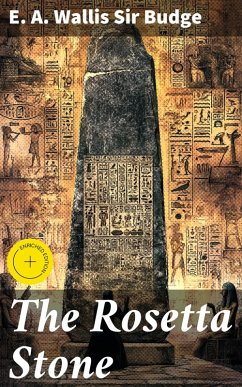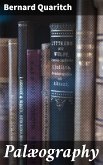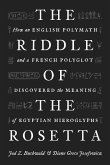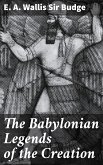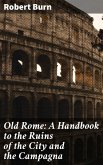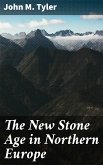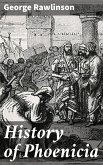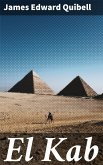In "The Rosetta Stone," E. A. Wallis Budge explores the significance of one of antiquity's most extraordinary artifacts, which facilitated the deciphering of Egyptian hieroglyphs. The book is distinguished by Budge's meticulous scholarship and his accessible literary style, making complex ideas comprehensible to both the lay reader and the seasoned Egyptologist. Budge contextualizes the stone within the broader tapestry of Ancient Egyptian civilization, detailing its discovery, historical background, and the pivotal role it played in unlocking the mysteries of ancient texts. E. A. Wallis Budge, a prominent British Egyptologist and curator at the British Museum, devoted his life to the study of ancient languages and cultures, heavily influencing modern Egyptology. His extensive travels in Egypt and his work in translating various texts imbued him with unparalleled insights, which he distilled in this compelling narrative. Budge's academic background and firsthand experiences significantly shaped his interpretation of the Rosetta Stone, elevating it to a symbol of cross-cultural understanding and intellectual achievement. This book is an essential read for anyone interested in Egyptology, linguistics, or history. Budge's articulate and engaging prose invites readers to embark on a journey through time, illuminating not only the stone's historical relevance but also its profound impact on our understanding of language and culture.
Dieser Download kann aus rechtlichen Gründen nur mit Rechnungsadresse in A, B, BG, CY, CZ, D, DK, EW, E, FIN, F, GR, H, IRL, I, LT, L, LR, M, NL, PL, P, R, S, SLO, SK ausgeliefert werden.

